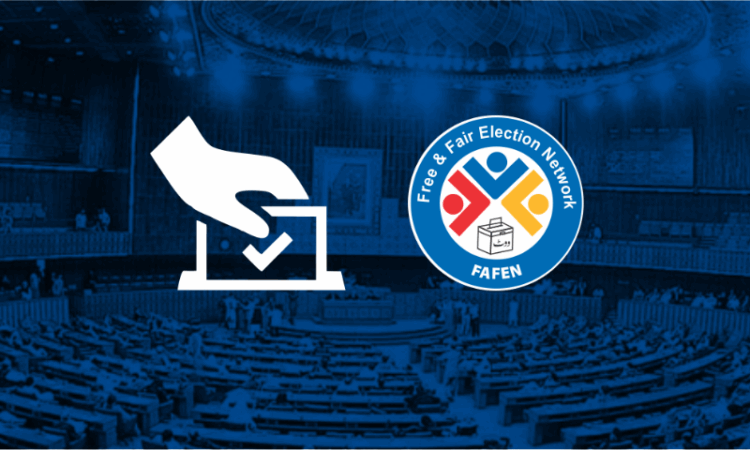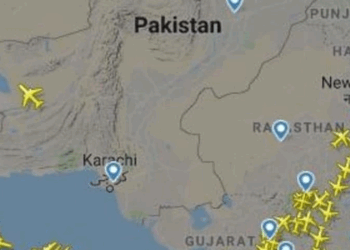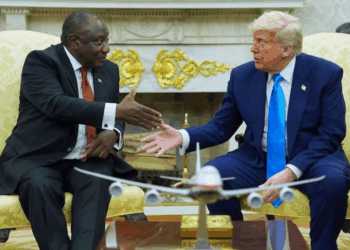Islamabad, May 18, 2025: A new report by the Free and Fair Election Network (FAFEN) has raised alarm over the digital transparency of Pakistan’s political parties, revealing that only 58 out of 166 registered parties have partially or fully functional websites.
The findings show that a mere 35% of political parties maintain any form of online presence, sparking concerns about public accessibility, transparency, and democratic accountability. Among the 20 parties currently represented in parliament, only 14 have operational websites.
FAFEN’s report criticizes the widespread neglect of constitutional obligations by most parties, particularly in the disclosure of key organizational information. Only 40 parties have published the names of central office-bearers, and a mere six have provided information about their executive committees.
The watchdog also observed that the majority of parties rely heavily on social media, ignoring the importance of dedicated websites as permanent public communication platforms. Alarmingly, only one party has made its financial statements available to the public, highlighting a severe lack of financial transparency.
Additionally, the report notes that none of the active websites contain information about candidate selection processes or the structure of general councils, underscoring a broader failure to promote internal party democracy.
FAFEN praised Jamaat-e-Islami for having the most comprehensive and informative website. In contrast, the Pakistan Tehreek-e-Insaf (PTI) website is only accessible via VPN, significantly limiting its public reach and undermining its visibility.
The report concludes with a call for immediate reforms, urging political parties to enhance their digital infrastructure and comply with constitutional standards to foster transparency and democratic engagement in the digital age.








